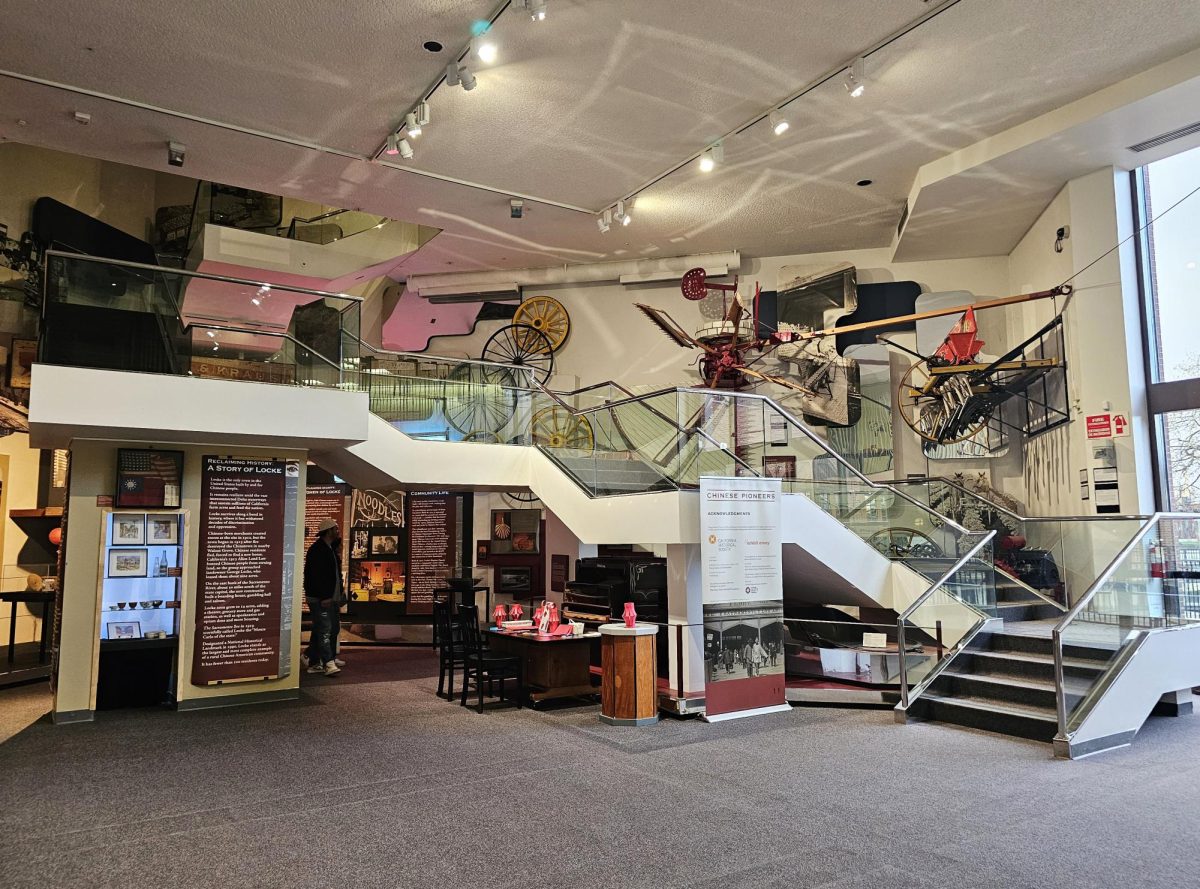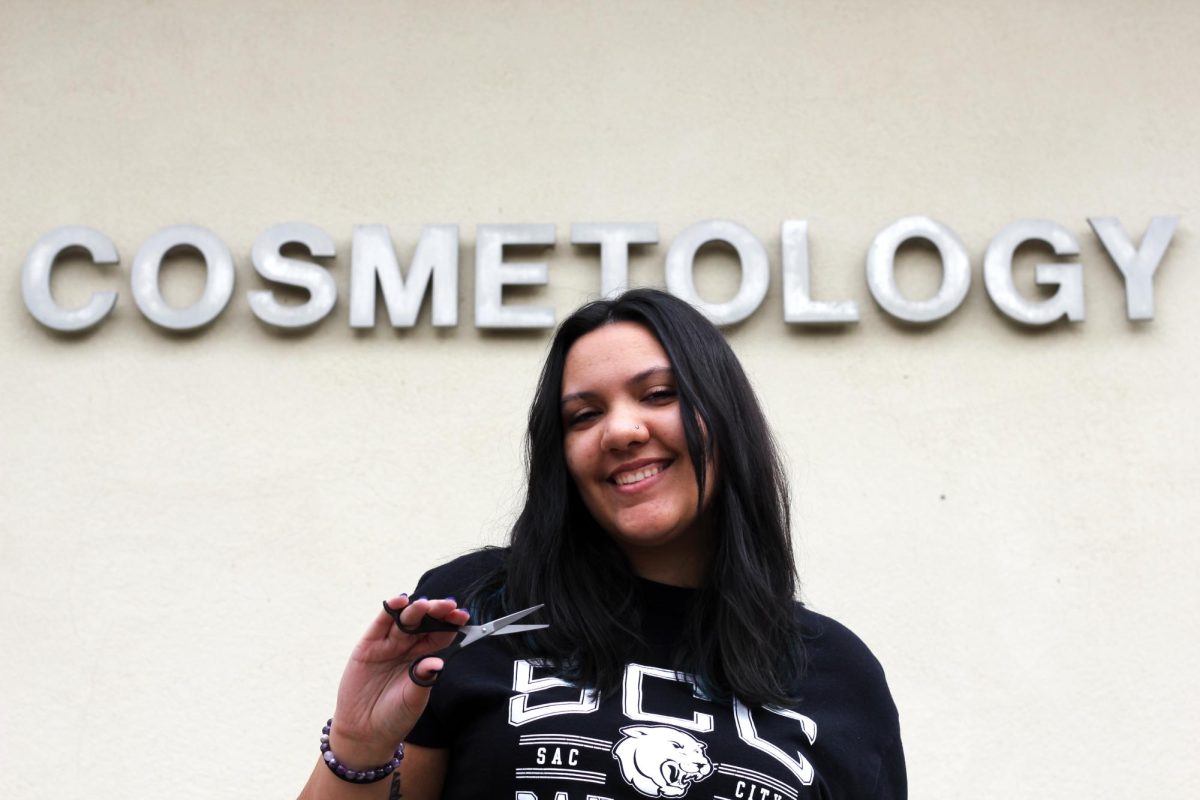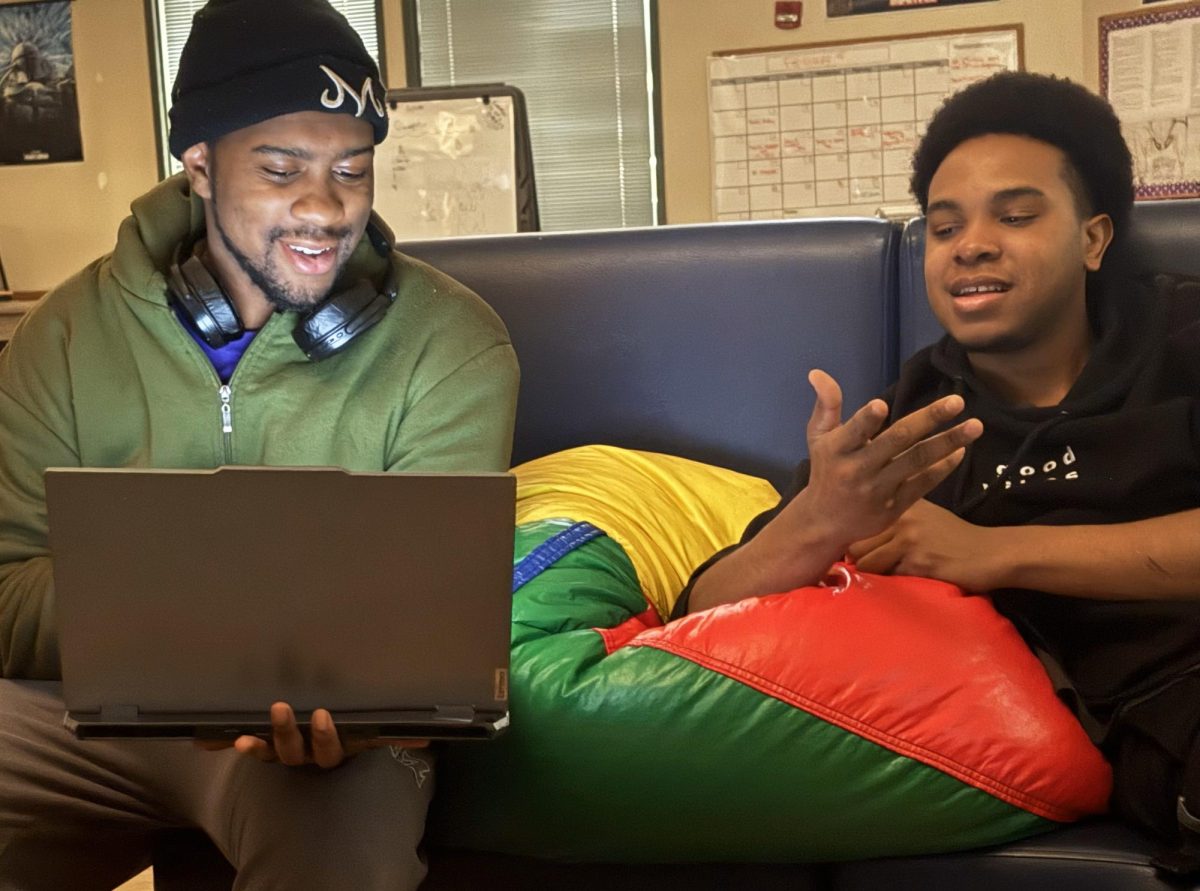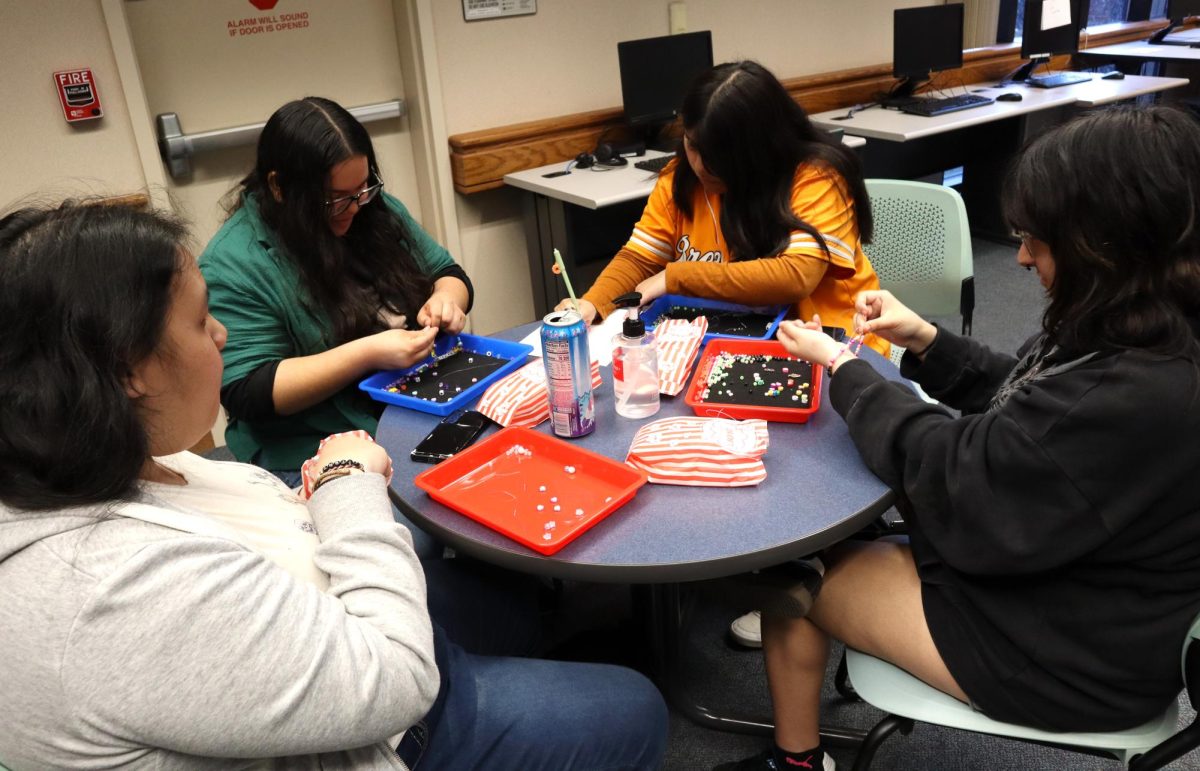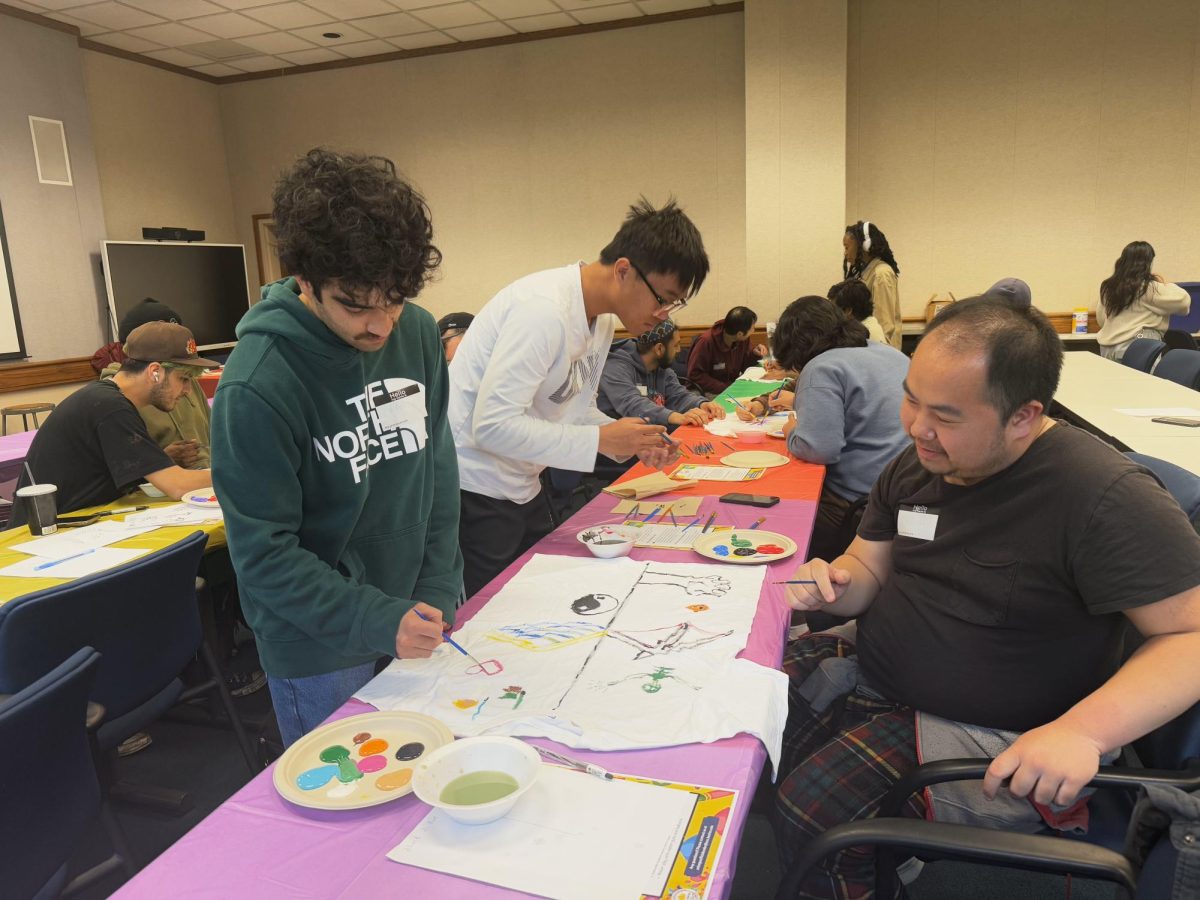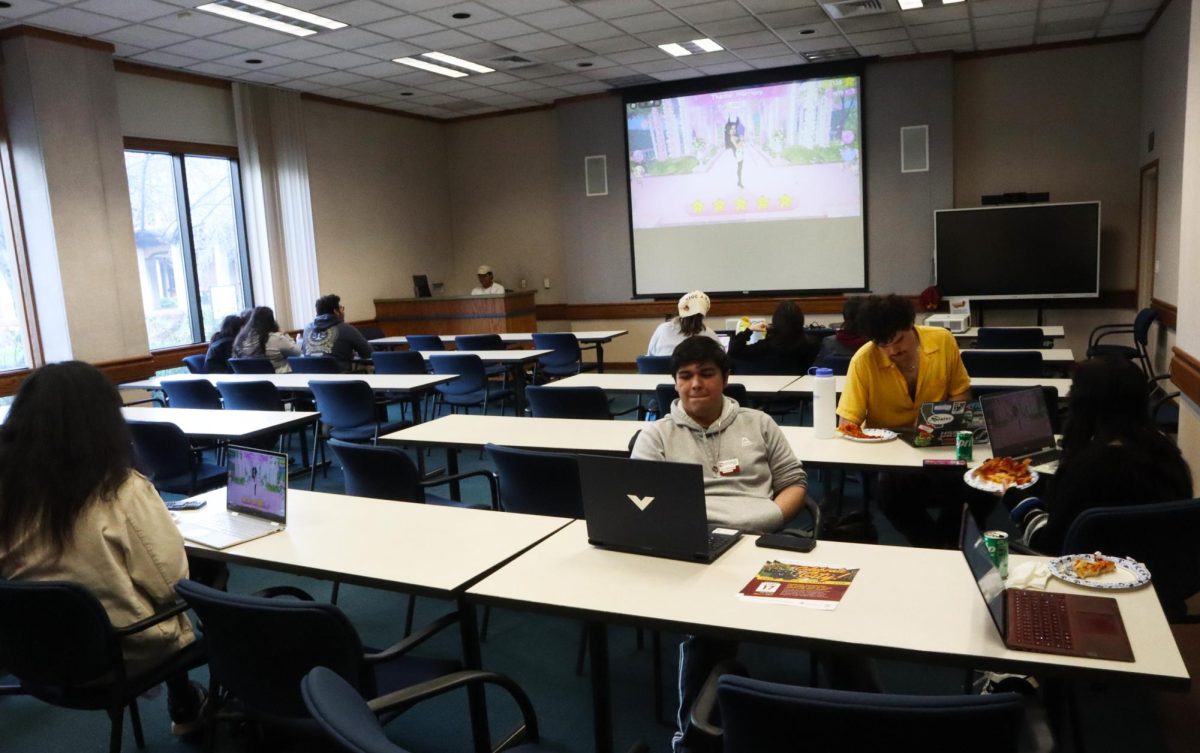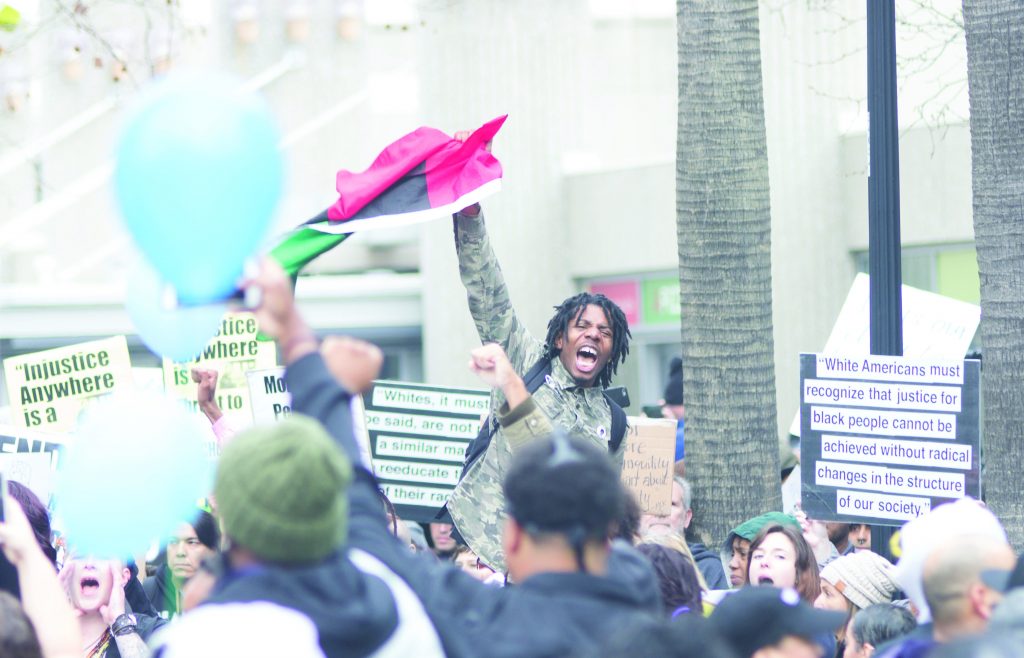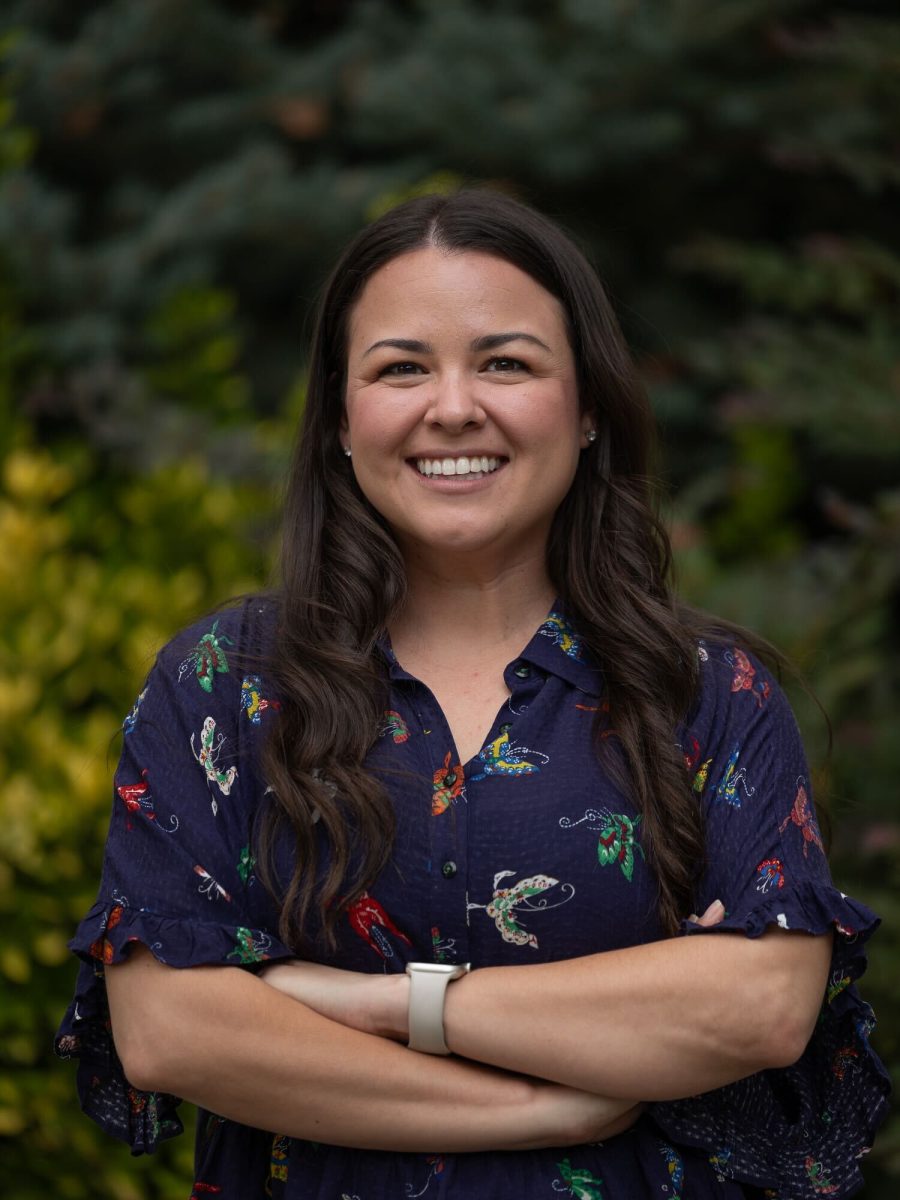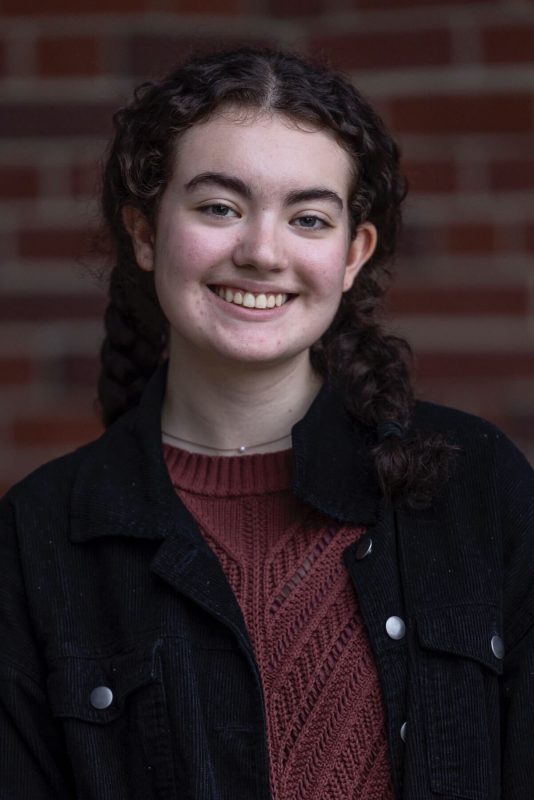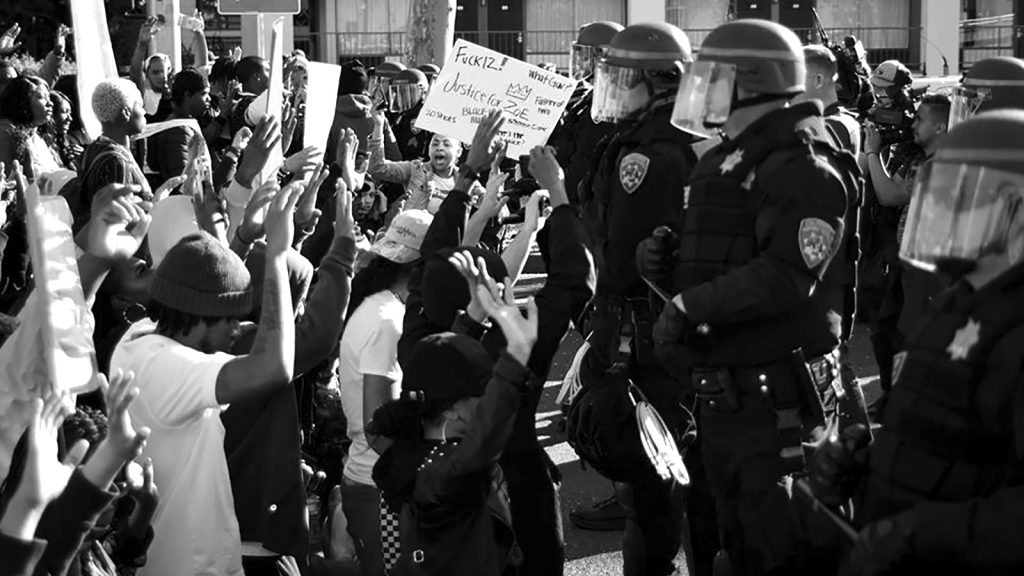Heather Roegiers
Editor-in-Chief
kroegiers.express@gmail.com
As I write this, rain gathers into an abstract art display on my window. I remember experiencing my first rainstorm from indoors after spending four years sleeping outside and hitch-hiking across the United States. I thought about jumping into a river. I wanted to submerge myself in the privilege of getting soaked, knowing words like “warm” and “dry” no longer meant life and death.
Now I worry about getting my hair extensions wet, as if the world would end.
Soaking wet in a rainstorm does not sound like a privilege, but it never sounds like a privilege to the one who has it. Whether homeless, or behind on bills, or just in need of a vacation, the gravity of our problems always feels relative to our circumstances.
In his book, “Man’s Search for Meaning,” Holocaust survivor Viktor Frankl described suffering like a gas in that any minute amount is enough to fill a room.
I’ve heard the difference between heaven and hell described like a room with a big cauldron of soup in the middle. In hell, everyone has a spoon that’s so long, they can’t reach their own mouths. In heaven things are exactly the same, but they use the spoons to feed each other.
I can’t see other people’s obstacles. I can’t measure my privilege against another to see who owes whom. But I can say I am not fed until you are fed. I can say an injustice against you is an injustice against me. I can say that if the excuse, “he had a gun” can pacify the people into abdicating justice for Philando Castille, then gun ownership is not really my right, but my privilege, and it’s not really my constitution protecting me, but my whiteness.
If our rights are not afforded to everyone, then they can be taken away from anyone. If someone else’s legal status can be questioned, then my legal status can be questioned. That’s why we stand together, because that’s where our rights come from.
But compassion is under attack. The city of El Cajon in San Diego county adopted a food-sharing ban in October 2017, because they thought they could solve their Hepatitis A epidemic by starving people. In response, a moderate group of organizers started a free meal program called “Break the Ban” as an act of civil disobedience. A dozen people were arrested on Jan. 14, including a 14-year-old.
In my travels, I never found a city without some sort of anti-homeless ordinance. Some are as simple as an ordinance in Arcata, California, that prohibits dogs in public from being stationary. All dogs in public must be on a walk. There is no purpose to this law but to target homeless people, and it’s designed to affect most people as little as possible. Selective enforcement does the rest.
To the housed who have never experienced homelessness, the dogs are a nuisance. To the homeless, they are a woman’s independence, a veteran’s therapist, and an assistant for people living with disabilities and mental illness.
Cities fear that if they’re too easy on the homeless, then more will come, so ironically, the most popular solution to homelessness in the United States right now is to remove the very rungs on the ladder necessary to climb out of that situation. Shelters and public restrooms are closing, and it’s becoming harder to stay clean, fed and rested.
These ordinances also have a ripple effect, because as they cause the homeless population to migrate and seek greener pastures, the cities they end up in are pushed to similar measures.
The homeless issue is a microcosm of the immigration issue. At the heart of both these issues are not bigots, but the indifferent; people unwilling to address the causes of displacement and destitution because it does not affect them personally until it hits their backyard.
The inconvenient truth is it will take more than marching to solve these crises before they become tragedies. The right to assemble and petition our grievances is a beautiful gift from our ancestors and a responsibility we owe our children to protect, but if every other day of the year, our activism entails keeping the soup kitchen out of our neighborhood rather than volunteering there, then we are marching for nothing but our own image.
Face it — if you ever wondered what you would be doing in Hitler’s Germany, you’re doing it now. Would you be satisfied with a march?
Nine volunteers from the faith-based organization “No More Deaths” have received felony charges in Arizona in the last few months for harboring immigrants. Complaints filed with the Arizona District Court include providing migrants with “beds and clean clothes” and “food and water.” These are crimes now.
Forget the fact that the right to migrate should be a value baked into the recipe of anyone who calls this land America. If Republicans succeed and run out of immigrants to deport, all those jobs being generated for the Trump administration’s Gestapo will need a new enemy. The corrupt justice system being fine-tuned against them will be systematically deployed against the rest of us.
But when the people come together, then no one is powerless. On Jan. 23, El Cajon dropped the food-sharing ban, claiming the Hepatitis A threat to be over. The decision came five days before the San Diego “Food Not Bombs” organization expected hundreds of people to attend a solidarity event Jan. 27 and defy the ban themselves. They plan to continue with monthly actions until the charges are dropped against the El Cajon Twelve. That’s social justice. The best way to make a difference is to find the people already making one and help them.








